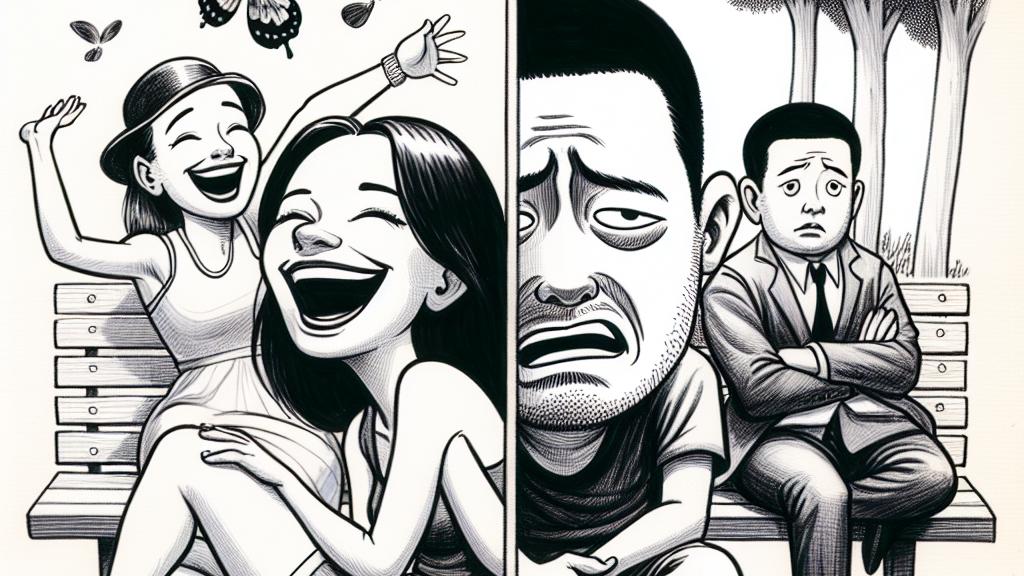Understanding Why Men Think Women's Stories Lack Punchlines
Overview
- Explore the fascinating gender communication gap that shapes interactions.
- Discover the societal values influencing storytelling styles and perceptions.
- Analyze the distinct conversation protocols between men and women.

The Gender Communication Gap
When men assert that women's stories often lack punchlines, it’s not merely an opinion; it reflects a significant misunderstanding of gender communication styles. Take Japan, for example, where this disconnect is particularly pronounced. Generally, men assess stories based on outcomes or results, while women tend to focus on the emotional journey. Imagine a woman vividly describing a delightful day spent at the park, filled with laughter and the warmth of friendships. To her, the shared joy is what truly matters. In contrast, a man listening might think, 'But what did you achieve from that experience?' This misunderstanding cultivates a perception that women’s narratives appear incomplete or circular, thus leaving men feeling perplexed.
Societal Influences on Storytelling
Moreover, societal values further complicate how stories are constructed and interpreted. In many predominantly male environments—like lively offices or competitive social settings—the focus often shifts towards achievements. Picture a man recounting his promotion; he might emphasize the strategic maneuvers he undertook and how he overcame various challenges to achieve success. But when a woman shares her experience, she might dwell on the collaboration and mentorship she received during her journey. For many male listeners, this lack of a clear conclusion might evoke the question, 'What’s the punchline here?' It’s a lens through which societal norms shape the understanding of storytelling across genders.
The Conversation Protocols
Additionally, the differing 'conversation protocols' between genders contribute to persistent misunderstandings. Women often start by highlighting an accomplishment, seek validation, and then delve into the emotional intricacies. For instance, a woman might say, 'I finally had the chance to see the Mona Lisa!' She anticipates an enthusiastic reaction, like, 'That sounds amazing!' before sharing how the artwork deeply resonated with her emotions. Conversely, men typically take a more straightforward approach; they craft narratives around tangible actions and facts. Thus, when women begin conversations with feelings rather than conclusions, it can lead to frustration among male listeners, further perpetuating the stereotype that women’s stories lack depth and resolution. Recognizing and adapting to these distinct conversational flows may help bridge the gap, fostering greater empathy and understanding, ultimately leading to more fulfilling interactions.

Loading...